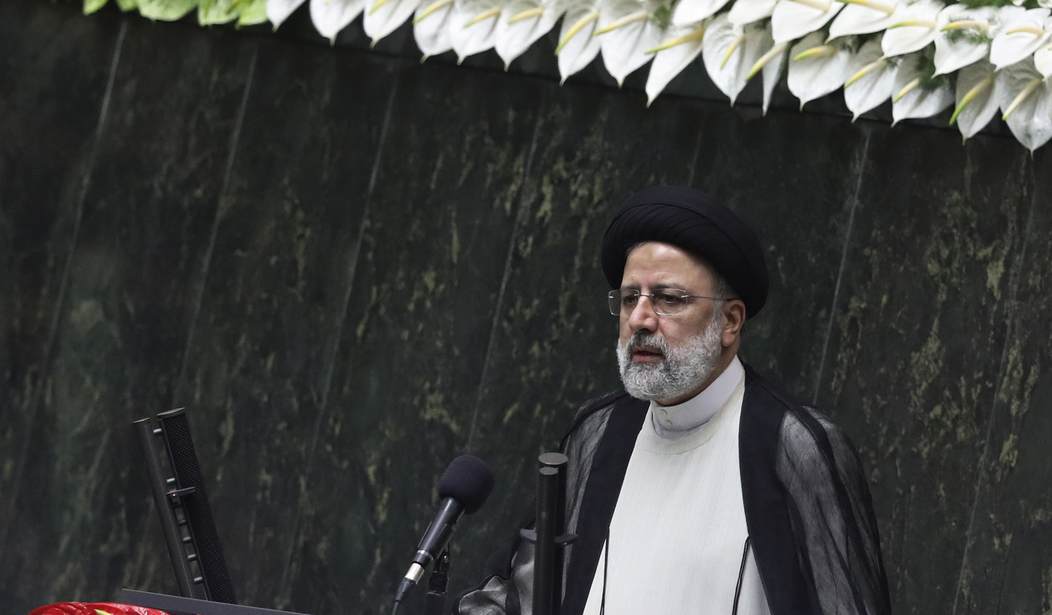Hostage-taking and ransom demands are age-old phenomena, but over time their usage has grown more sophisticated and more systematic in certain areas of the globe. The Islamic Republic of Iran, in particular, has elevated the practice to new levels, turning it into a form of statecraft and a means of pressuring its adversaries not only to provide financial concessions but also to adopt policies more favorable to the theocratic regime.
Hostage-taking as state policy has been a feature of that regime since its very inception. In the aftermath of the 1979 revolution, supporters of Ayatollah Khomeini seized the US embassy in Tehran and proceeded to hold 52 hostages for 444 days. After that crisis was resolved, Iranian authorities adopted a more individualized approach to kidnapping, but since then there has been a steady stream of foreign and dual nationals entering Iranian prisons and leaving only exchange for some sort of concession from their home countries.
Hardly a week has gone by without Tehran holding some person or persons hostage. And the practice has become very lucrative for the mullahs. In 2016, the administration of then-US President Barack Obama came under fire from critics for arranging the delivery of around $700 million in cash to the Islamic Republic as part of an agreement that saw four Americans released from Iran and seven Iranians from the US, with charges dropped against 14 others Iranians. This past week, the Biden administration faced similar criticism for releasing a staggering $6 billion in frozen Iranian assets to secure the release of five Iranian American hostages.
Naturally, many critics warned that the payment of such a vast ransom would only encourage Iranian authorities to expand their practice of hostage-taking as they are able, and to demand a higher price for American citizens and permanent residents in the future. The apparent differential between its demands in 2016 and this year seems to support that conclusion, and it also raises questions about the demands Tehran might make in the future for citizens of other countries such as the United Kingdom.
Recommended
Last year, the regime released an Iranian-British charity coordinator, Nazanin Zaghari-Ratcliffe, after explicitly tying her case to the repayment of a £400m debt stemming from aborted arms sales to the pre-revolutionary Iranian government. The $6 billion released as part of this week’s prisoner exchange represents an 11 percent boost to that regime’s budget, potentially freeing up much cash for the support of terrorism, repression of domestic dissent, and other malign activities.
What’s more, such financial windfalls are by no means the only meaningful concessions Tehran might pursue through its practice of hostage-taking. Earlier this year, the regime leveraged a Belgian aid worker, sentenced to 40 years in prison based on clearly fabricated allegations of spying, in order to secure the release of a former Iranian diplomatic from a Belgian prison. Assadollah Assadi had been serving as third counsellor at the Iranian embassy in Vienna when he was identified as the mastermind behind a plot to set off explosives at a major international rally of the National Council of Resistance of Iran near Paris, which was also attended by hundreds of political dignitaries from throughout the world. Had it not been thwarted, the plot likely would have led to hundreds or possibly thousands of deaths as well as disrupting organized, pro-democratic opposition to the clerical regime. Instead, Assadi was apprehended and ultimately sentenced to 20 years in prison.
But after less than a quarter of his sentence, Assadi returned home, where he no doubt received a hero’s welcome and was placed in a position to begin threatening global security again. Meanwhile, Iranian activists, including organizers of the 2018 Free Iran World Summit, have warned that there will be no further consequences either for Assadi or for the regime that directed him to attempt the greatest terrorist attack on European soil to date.
In fact, those activists have roundly condemned Western policymakers for tending toward “appeasement” in their dealings with the Iranian regime. Their frustration with that tendency has only intensified over the past year, as the regime has faced its greatest domestic challenges, following public backlash to the morality police’s killing of Mahsa Amini. NCRI President-elect Maryam Rajavi marked the anniversary of that killing with an international conference in Brussels and noted, “The ruling clerics in Iran have never been more in need of appeasement than they are today.” She went on to say that the mullahs are using familiar methods to accomplish this, namely “hostage-taking, terrorism, warmongering, and playing the nuclear card.”
Those practices will only worsen until Western powers see fit to meet them head-on and adopt policies like those recommended by the opposition. These include declaring the Islamic Revolutionary Guards Corps a terrorist organization, reactivating UN Security Council resolutions against the regime, pursuing international charges against Iranian officials for human rights abuses, and recognizing the Iranian people’s right to defend themselves against a repressive government.

























Join the conversation as a VIP Member